Hello, I am Rehan, born in a forgotten city called Gaza; located on the edge of the sea, yet all I see of the sea is a warship firing its shots whenever it wishes, as if the sea has been replaced by its bullets!
Rehan, my mother’s friend from Algeria, says that we share the same name, and despite the geographical differences, we also share the same concern: the forgotten cause.
Zina, my mother’s friend from the city of Jenin, on the other side of the homeland—where villages are besieged like dreams, and the scent of thyme mixes with blood—says that I carry the name of a beautiful village there, located between Jenin and Umm al-Fahm, called “Umm al-Rehan.”
As for my father, he remains silent… It seems my mother and her friends have won the battle of names!
I used to wish for the crossings to open and for the occupation to allow aid trucks loaded with sardine cans to enter, or to allow Palestinian fishermen to catch “real sardines,” instead of displacing us from place to place to produce cans of “human sardines.”
I usually woke up to the sound of the morning queue at the school next to us.
At that time, my mother used to close the window curtains until around noon; I thought then that she did not like the girls’ looks at us or perhaps preferred to be busy preparing breakfast and lunch before airing the rooms.
Sometimes, I would sneak a glance at the rows: at the faces of the students, at the scene of the teacher explaining the lesson, or at the more beautiful scene for me: the “wedding rehearsal!” I do not know how the sound of the drum on one of the seats starts to rise, how the girls begin to sing, and how everyone falls silent at a moment! Moments of beautiful chaos that completely vanished.
My mother called those classes “a sardine can” because the students were packed in each row, and the street was crowded in the morning and noon.
But it seems the occupation has decided to import more sardine cans recently; since the beginning of the genocide, schools have turned into shelters, meaning the overcrowding is not limited to homes but extends to schools, universities, and roads! The alarm for me is no longer the Palestinian national anthem at school but the scream of one of the displaced women at school on her children or another quarrel with her mother-in-law.
I feel like I live inside a display screen that only broadcasts the series “Sardine Can” all day, episode after episode, part after part, in a series that seems endless!
The crowding in our street is no longer limited to two periods but has become a permanent state throughout the day! Especially when the water truck arrives, everyone turns into wrestlers racing to snatch their right to a liter of water! Men of different ages line up in one queue, while children and women sometimes crowd in the same queue.
Every time, my mother claps her hands in the same way, commenting with the same sentence: “We lived and saw women in water queues!” Honestly, I am surprised by my mother’s surprise, as I see these queues daily, increasing day by day.
Previously, I saw them in front of bakeries, and today I see them in front of the water truck, waiting for aid trucks (the water tankers)… It seems I have started to get used to scenes my mother hates!
I used to wish for the crossings to open and for the occupation to allow aid trucks loaded with sardine cans to enter, or to allow Palestinian fishermen to catch “real sardines,” instead of displacing us from place to place to produce cans of “human sardines.”
As for my father, what he fears most is that we all get packed in a huge sardine can… in the heart of the desert!
In our burning kitchen, which does not fear fire, the pleasure of food is not measured by taste but by our ability to invent it! We eat what remains from yesterday, even if it is a moldy loaf of bread, and give each recipe a new name—provided it resembles it—just to convince our stomachs that we are still alive.
To the tune of the song: “Oh spring of basil, be kind to the lovesick… be kind to the lovesick…” my mother prepares “tomato frying” in one corner of our burning kitchen.
In fact, this is one of its advantages; you can light the cooking fire wherever you want without fear of dirtying the walls. But what I hate most is her constant warning to me: “Don’t come near the walls, so your clothes don’t get dirty.”
My mother carries me to the window to pick some basil leaves for her… I handed her five leaves, then decided to wait by the window next to my basil instead of suffocating from the smoke of the fire.
In Gaza, you cannot find “tomato frying” without garlic or green pepper, but black pepper is a matter of dispute, which surprised my mother only during the genocide when kitchens mixed together.
As a result of this mixing, my mother wanted to try a new recipe, adding basil leaves to the “tomato frying”… I fear it will not taste good, as we are in a time that does not allow experimentation to the point of sacrificing “tomato frying!”
Honestly, I wished there was a plate of sardines (not canned, of course) beside it; it resembles the “tomato frying” for fish: green pepper, onion, tomato, basil… and because it is a special fish dish, we remove the garlic from it. I am tired of “survival recipes” and a kitchen with four spices: patience, longing, nostalgia… and deprivation!
I have forgotten the taste of much food, and many recipes have completely changed, and we now add the word “fake” beside their names… “fake maqluba,” “fake fish sayadiyah,” “fake sumac,” “fake musakhan,” “fake maftoul”… even falafel has become fake! Chickpeas are no longer the main ingredient in falafel; today, they are rivaled by crushed lentils, crushed fava beans, and dried peas, and it is no longer fried in oil but grilled as if we asked this world to give us a recipe for austerity or a recipe to kill our appetite!
The important thing in “survival recipes” is economy… the important thing is finding alternatives, only!
In our burning kitchen, which does not fear fire, the pleasure of food is not measured by taste but by our ability to invent it! We eat what remains from yesterday, even if it is a moldy loaf of bread, and give each recipe a new name—provided it resembles it—just to convince our stomachs that we are still alive… just to convince ourselves that we are fine… just to prove to this world that we are stronger than deprivation.
Even if everything around us is fake, hunger alone never lies.
From Rehan’s window… it is enough that one leaf remains to reassure us that the house is still a home… to believe that in memory there is a scent… not yet burned.
It is enough that the basil remains green, for me, Rehan, to continue the story.




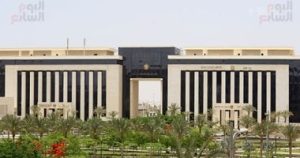
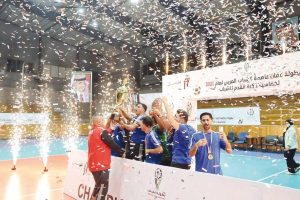
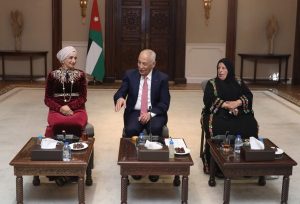

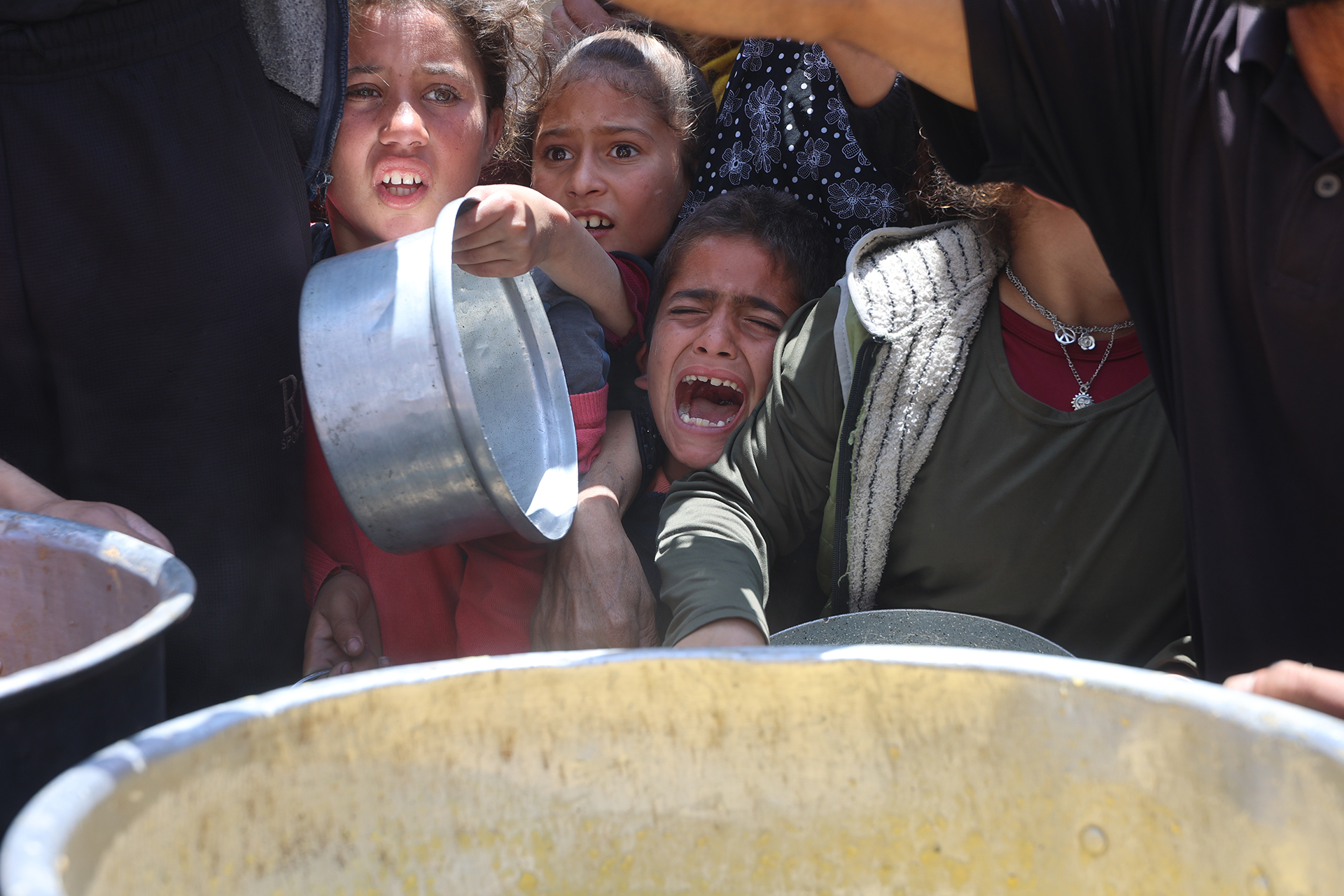
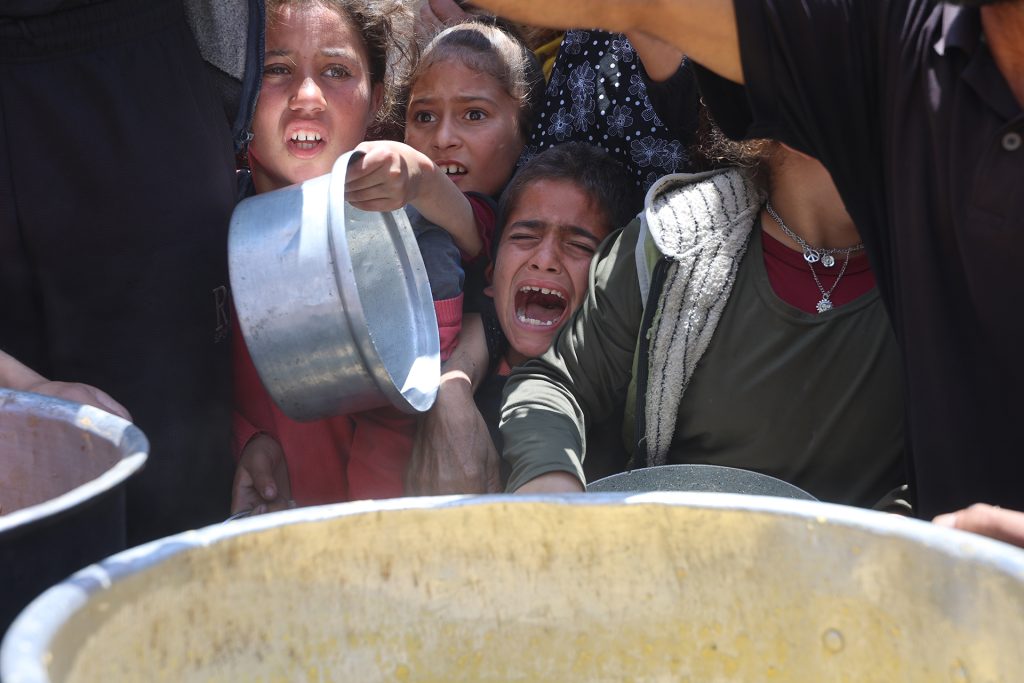




Recommended for you
Exhibition City Completes About 80% of Preparations for the Damascus International Fair Launch
Talib Al-Rifai Chronicles Kuwaiti Art Heritage in "Doukhi.. Tasaseem Al-Saba"
Unified Admission Applications Start Tuesday with 640 Students to be Accepted in Medicine
Egypt Post: We Have Over 10 Million Customers in Savings Accounts and Offer Daily, Monthly, and Annual Returns
His Highness Sheikh Isa bin Salman bin Hamad Al Khalifa Receives the United States Ambassador to the Kingdom of Bahrain
Al-Jaghbeer: The Industrial Sector Leads Economic Growth